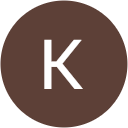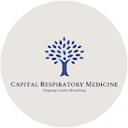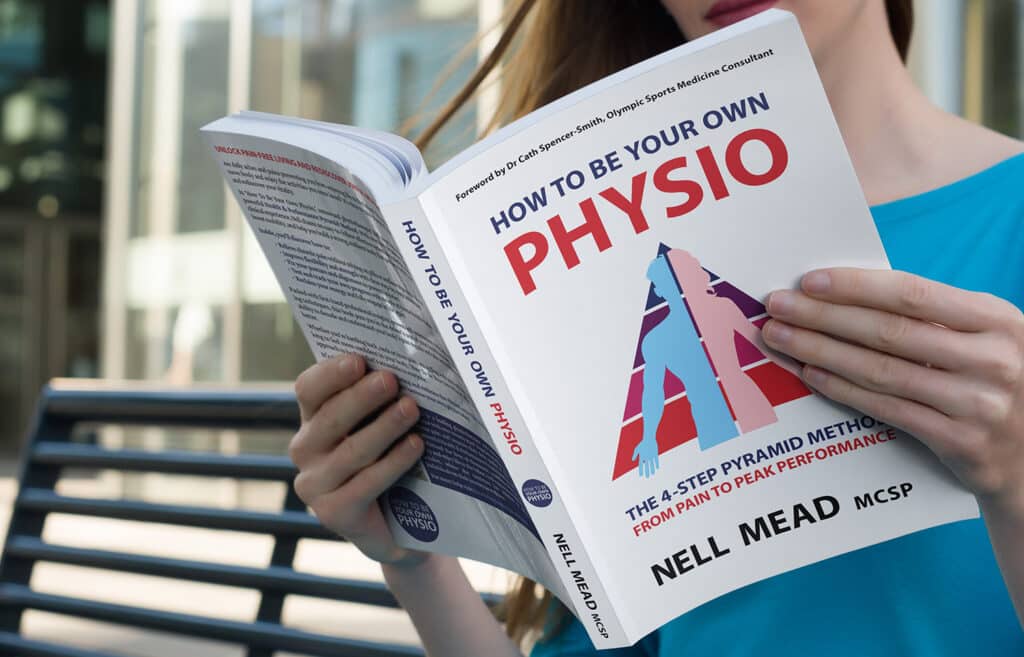The foundation layer
The Foundation Layer of my Health & Performance Pyramid is about optimising tissue metabolism: nutrients in, waste products out. I’ve codified this into what I call the Big Four interrelated factors: sleep, stress, hydration and nutrition. Sleep and stress are related more to getting waste out – sleep is the time when your body essentially cleans itself, so if you’re not getting enough good quality sleep, which is often negatively affected by high stress levels, then it’s tough to do a full-body clean by the time you wake up. Hydration and nutrition are related more to getting nutrients in (though water intake is also vital to flushing the waste away).
Before patients come to see me, I ask them to complete questionnaires based on the Big Four; and the questionnaires then form the starting point for conversations to work out how best patients can optimise their tissue metabolism. Because, the better your tissue metabolism, the better you’re likely to respond to physiotherapy techniques and exercises – the aim is to make your body a good environment for healing.
Most of the discussions we have and the advice I give is about strategies that emphasise a more natural approach – whole foods, mainlining on protein and vegetables, and reducing sugar and processed foods; breathing exercises, mindfulness, yoga and the like. But many people don’t find this stuff easy, so over the years I’ve put together a list of products – supplements, equipment and apps – that I find myself suggesting, to make it a bit easier. (For transparency, I’ve negotiated discount codes for some products, and may earn affiliate commission from some of them, but there’s nothing here that I wouldn’t recommend anyway.)
Sleep Products
There are various products and tricks that may help you to get a good night’s sleep, including:
- Zinc and magnesium supplements such as Drift Off Formula by Lean Greens can do what it says, and help you to drift off to sleep if you’re struggling. Use this link to get a 10% discount on all orders:
- R5 Aminos by Aminoman (the alter ego of super sports nutritionist Matt Lovell) is a powder based supplement used by athletes including international rugby and football players to improve sleep quality. Take it before bed so that you wake up feeling bright-eyed and bushy-tailed. Click here to get a 20% discount.
- Downloading your thoughts and worries onto paper before you shut your eyes can help to stop your mind from racing. This Night Journal provides science-based prompts to help you write out the things most likely to keep you awake.
- I use self-hypnosis tracks on my phone to talk me to sleep via progressive relaxation. I’m not convinced that I’m subliminally learning the things they purport to teach (I’ve gone through multiple hypnotic gastric bands, confidence builders, mental clarity tools and law of attraction tapes) but the best thing I’ve achieved is a really fast descent into sleep. There are loads of options – the key is to find someone whose voice you like – but personally I’m not sure there’s a better way to drift off than by having Matthew McConaughey read me a bedtime story via the Calm app!
Stress products
- Total bias here which I fully admit; but I have created an online programme called Yoga for Stressed People which talks you through the science of stress, explains how yoga can help, and then teaches you a 5-minute, science-backed yoga routine to do once or twice a day. My patients swear by it!
- I also recommend the Headspace app which teaches you mindfulness meditation, with tracks specifically designed to reduce stress levels.
- Some people swear by having a warm bath with added Epsom salts. Personally I’m not always convinced the salts make as much difference as the bath; but most of us are a bit deficient in magnesium so these are worth a try.
- Of course there are also lots of free things you can do to reduce your stress levels as well, and these don’t involve products – including petting a dog or cat (as long as you’re not allergic and you have the owner’s permission!), taking a walk in nature, watching a comedy or chatting with a friend.
Hydration products
Frankly, hydration products are a little bit limited because the real deal here is DRINK MORE WATER (within limits – most of us should be aiming for around 2 litres per day, and judging by the questionnaire responses I receive, most of us do not get that much!) However there are a few things that may help.
- Measuring your water intake can be useful, so you can try carrying a bottle that reminds you how much you’ve taken on board. If you want to go super-fancy, this HidrateSpark bottle connects to your phone and lights up (wow!) or if you just need a little bit of extra motivation, this BPA-free plastic bottle from K-Mart comes in a variety of colours and with a bunch of motivating slogans.
- If you’re an avid tea or coffee drinker, go organic. When they’re on the bush, tea leaves and coffee beans are really efficient absorbers of pesticides; so once you freeze-dry them and pour hot water on them, you’re essentially pouring yourself a cup of delicious organophosphates, which aren’t great for your health. Luckily there are plenty of good alternatives such as these tea bags from Clipper or these coffee bags from CRU Café – or if you need Nespresso-compatible pods, you could try these.
- If you really hate the taste of pure water, then flavouring it is an option. Water bottles with infusers can be useful here, so that you can add fruit, cucumber or mint, such as this one – or an even easier way to flavour your water is to use a sugar-free product such as Waterdrop.
Nutrition products
I’m a big fan of supplementing your nutrition, because it’s actually really hard to get everything you need through whole food alone. And I don’t trust food labelling or RDAs – nutritional information was last standardised many years ago, and since then the level of pollution in the air has increased (so we need more nutrients to overcome it) and the quality of soil has decreased (so our food doesn’t contain as many nutrients as it used to). Therefore, increasingly, I feel that supplementing your diet is the way to go.
The fundamental things our 21st century diets tend to lack, in my opinion, are protein, omega 3 fatty acids, antioxidants, vitamins and minerals. So, not much then!
Let’s look at some products that may help.
- Protein is formed of amino acids which are the building blocks of muscle. Many of us don’t get enough protein in our diets – it’s recommended that we eat 1.6 grams of protein per day, for each kilogram that we weigh. So for an average 75kg adult, that means 120g of protein per day (for reference, the average chicken breast will give you around 30g of protein). Supplementing can be an easy way to get more protein into your diet – I tend to have a smoothie for breakfast that’s packed with nuts, protein and fruit, and the protein powder I use is Natural Grass Fed Whey Protein Isolate, from Natural Nutrients. They also offer a vegan option which blends protein from peas, rice, beans, pumpkins and quinoa for a full essential amino acid profile. Sign up for a subscription on their website to get a 10% discount.
- Omega 3 fatty acids are something our bodies don’t naturally produce, but they’re really important for reducing our levels of systemic inflammation – important, because the more inflamed we are, the less efficiently we tend to heal. Fish oils are a good source of omega 3s, and I’m a fan of Eskimo Oil from Nutri Advanced if you’re able to eat fish; or they also produce an omega 3 oil made from sustainable algae which is suitable for vegans. Please contact admin@nellmead.com if you would like to set up a discount account for Nutri Advanced as these have to be created individually.
- Antioxidants are another part of the fight against inflammation. Inflammation in the body creates chemicals called free radicals; and these cause degeneration which can lead to injury and illness. Antioxidants “mop up” the free radicals. They are found in dark and leafy fruits and vegetables – berries, kale, spinach etc – so dried greens and superfood powders such as Lean Greens can be a convenient alternative. Again, use this link to get a 10% discount on all products.
- Vitamins and minerals are also part of a varied and healthy diet. Most of us would benefit from taking vitamin D3 to support the immune system; those of us over the age of 40 also generally need a bit more calcium, magnesium and vitamin K2 to support our bone health. Again, I use Nutri Advanced for this and will happily set up a discount account for you if you contact admin@nellmead.com to request it.
- Finally – and there’s a little bit of bias in this one as it’s my sister’s company, but I’m not alone in thinking the products are great. Mama Nourish make overnight oats which are rich in the vitamins and minerals that mothers’ bodies really need after pregnancy, birth and during breastfeeding (though you don’t have to be a mum to benefit, and they’re really tasty). Use the discount code NELL20 at checkout to get a 20% discount on your first order (excludes gift cards and subscriptions).
And there you have it! A few tips and tricks to improve your tissue metabolism.
If you come into clinic for an assessment, I can also teach you how to improve your tissue metabolism using lymphatic stimulation, and can make bespoke recommendations – if that sounds like the best option for you then please call my team on 0207 175 0150.







